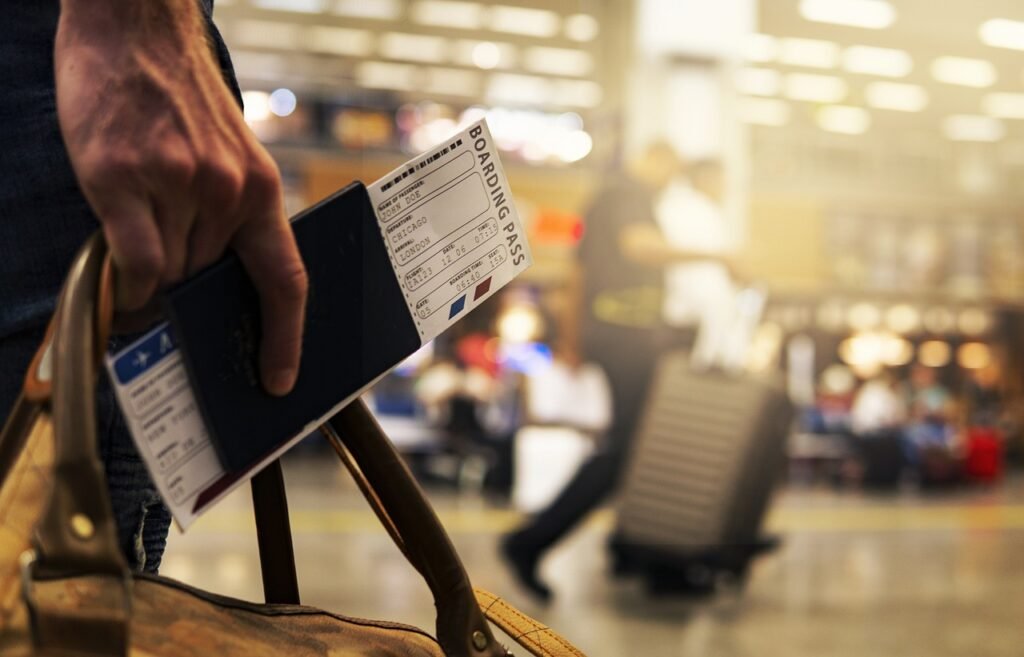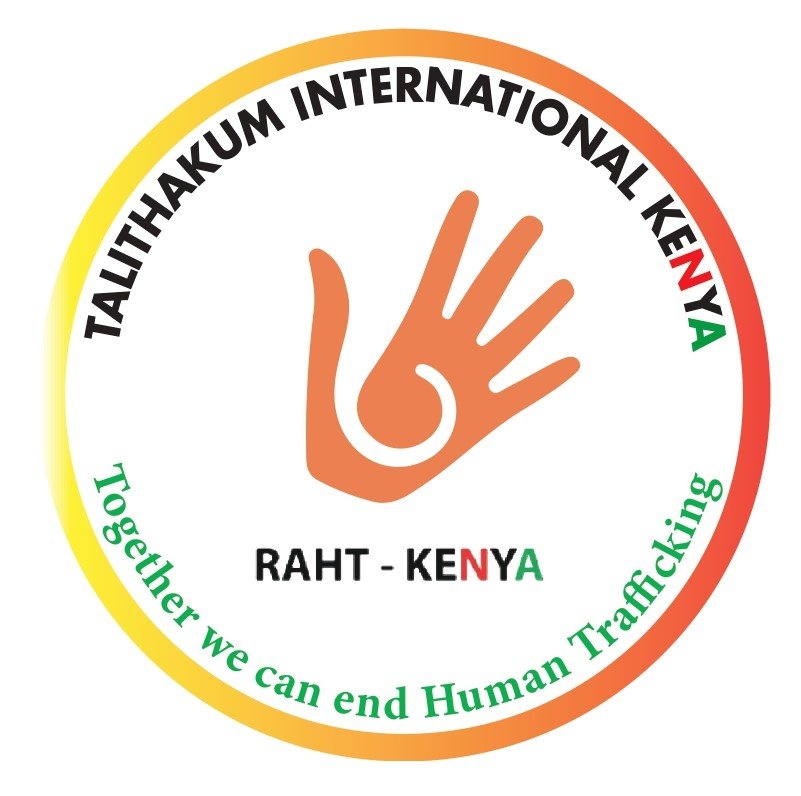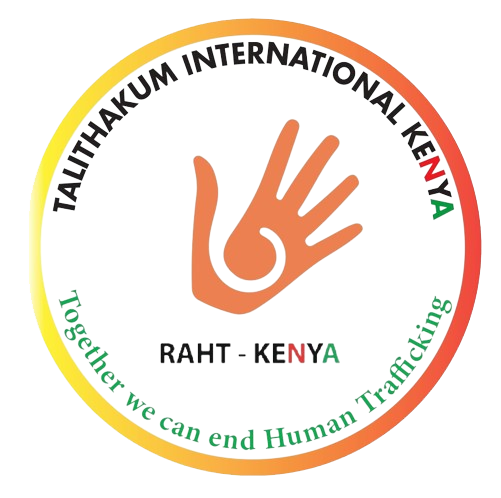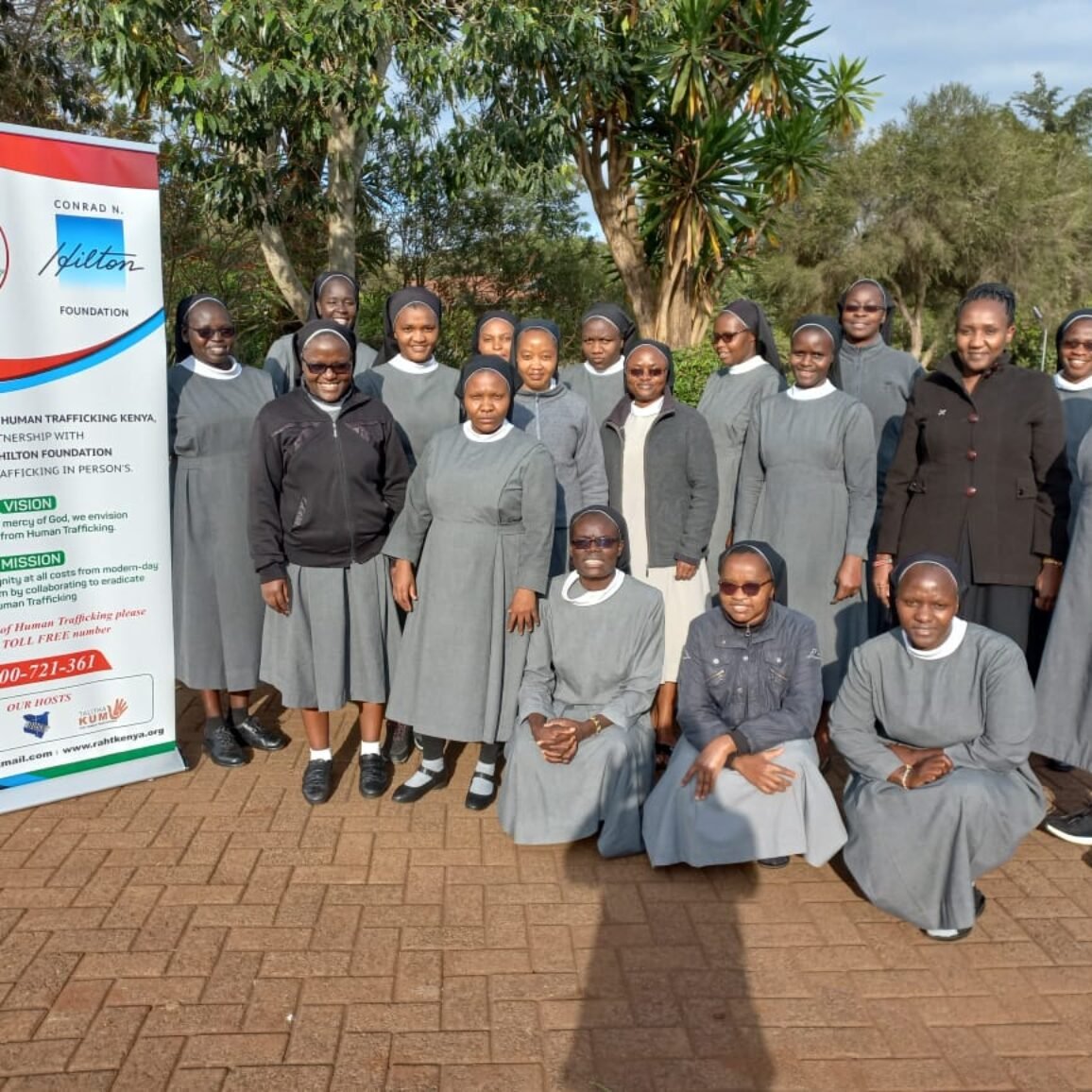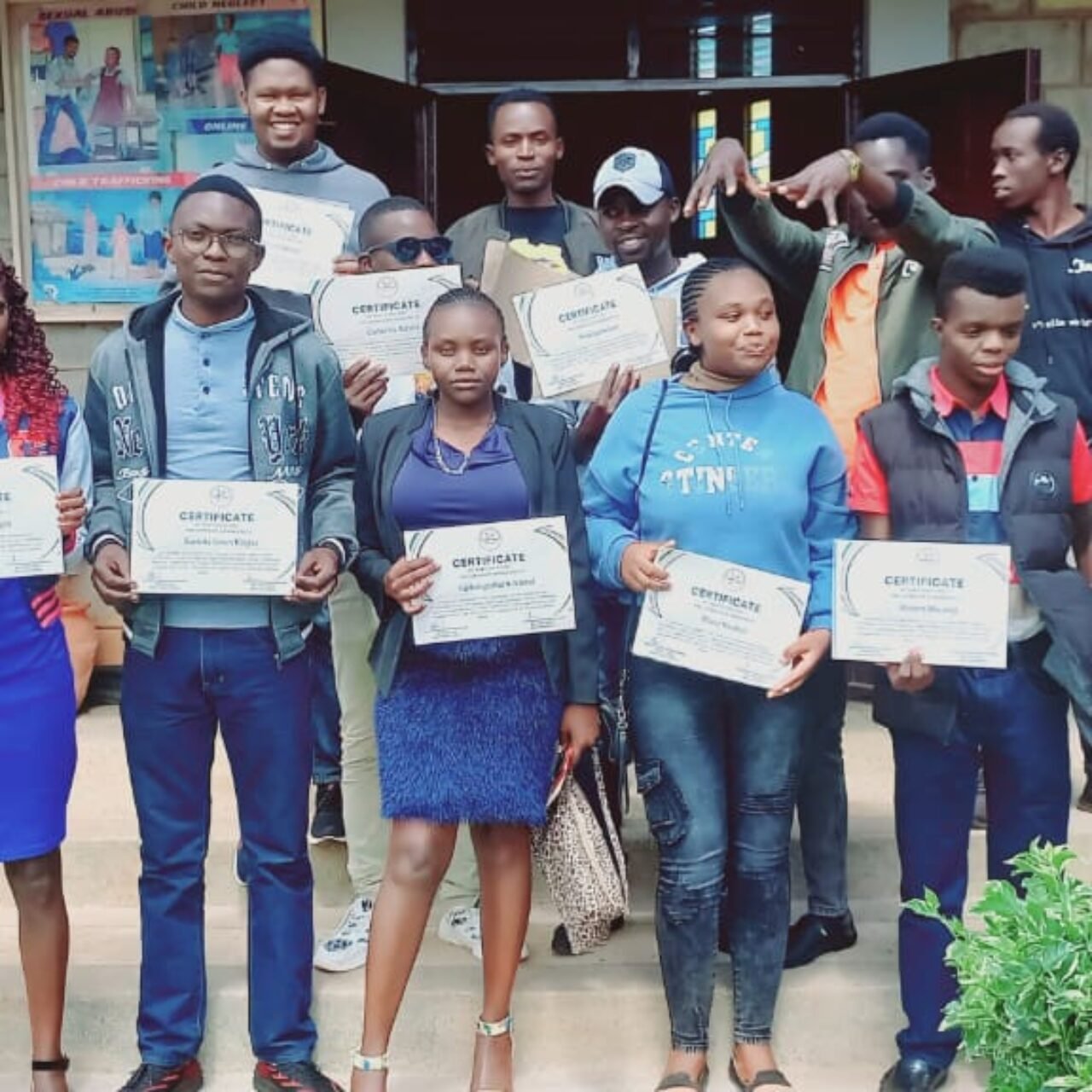Here are our FAQ
FAQ and Answers on Human Trafficking and Safe Migration
Human Trafficking:
- What is human trafficking?
Human trafficking is the illegal movement of people for the purposes of exploitation, such as forced labor, sexual exploitation, or organ harvesting. Traffickers often lure or deceive victims with promises of jobs, education, or a better life.
- Who is at risk of being trafficked?
Anyone can be at risk of trafficking, but certain groups are more vulnerable, such as children, women, migrants, and people living in poverty or conflict zones.
- What are the signs of human trafficking?
Some signs that someone may be a victim of trafficking include:
- Working long hours with little or no pay
- Not having freedom of movement
- Being under physical or psychological control
- Not having access to their passport or identification documents
- What can I do if I think someone is being trafficked?
If you think someone is being trafficked, you can:
- Report it to us anonymously through Hotline 0800 721 361.
- Offer support and encouragement to the victim.
- Seek help from organizations like Talitha Kum International Kenya.
Safe Migration:
- Why is safe migration important?
Safe migration protects people from exploitation and abuse during the migration process. It ensures that migrants have access to their rights and are treated with dignity.
- What are the risks of irregular migration?
Irregular migration can be dangerous and can lead to:
- Exploitation by smugglers and traffickers
- Detainment and deportation
- Unsafe travel conditions
- Loss of life
- What are my options for migrating safely?
There are several ways to migrate safely, including:
- Obtaining a visa through the proper channels
- Using a licensed recruitment agency
- Seeking help from an organization like the International Organization for Migration (IOM)
- What can I do to prepare for safe migration?
If you are planning to migrate, you can:
- Do your research about the country you want to move to
- Learn the local language and customs
- Save money for your travel and living expenses
- Get your travel documents in order
Talitha Kum International Kenya:
- What services does Talitha Kum International Kenya offer?
Talitha Kum International Kenya provides support to victims of human trafficking and survivors of exploitation. We offer:
- Awareness Creation
- Shelter and safe housing
- Counseling and emotional support
- Legal assistance
- Vocational training and education
- Reintegration into society
- How can I support Talitha Kum International Kenya?
You can support Talitha Kum International Kenya by:
- Making a donation
- Volunteering your time
- Raising awareness about human trafficking and safe migration
- Where can I find more information about human trafficking and safe migration?
You can find more information on the following websites:
- Talitha Kum International Kenya: https://www.talithakum.info/
- Is there a helpline I can call if I need help?
Yes, you can call the National Child Helpline 116 or the Anti-Trafficking Hotline Toll-free number 0800 722 203 or Call us toll free on 0800 721 361 for anonymous assistance.
Remember, you are not alone. Talitha Kum International Kenya is here to help.
We hope these FAQs and answers provide you with helpful information about human trafficking and safe migration. Please don't hesitate to contact us if you have any further questions.
Tips for Safe Migration
Preparation:
Do your research: Thoroughly research the country you plan to move to. Understand its visa requirements, job market, living conditions, cultural norms, and potential risks.
Choose safe channels: Avoid unauthorized recruiters or agents. Utilize official government channels or reputable agencies for visa applications and job opportunities.
Gather documents: Prepare all necessary travel documents, including passports, visas, proof of financial resources, and any specific documents the destination country requires.
Learn the language: Basic proficiency in the local language can help you navigate daily life, find help, and avoid getting scammed.
Plan your finances: Estimate your travel and living expenses for the initial period. Secure sufficient funds to cover your needs without relying on borrowing or exploitative situations.
During Migration:
Travel safely: Stick to established and secure travel routes. Inform trusted contacts about your travel plans and estimated arrival time. Be vigilant about your belongings and surroundings.
Follow immigration procedures: Upon arrival, adhere to all immigration regulations and procedures. Declare any required items honestly and follow instructions from border officials.
Seek support: If needed, reach out to official authorities, embassies, or NGOs specializing in migrant support in your destination country.
Integration and Beyond:
Build your network: Connect with your local community, fellow migrants, or support groups. Having a network can offer invaluable support and guidance.
Understand your rights: Learn about your rights in your new country as a migrant worker or resident. Familiarize yourself with local labor laws and social services available.
Stay informed: Keep yourself updated on any changes in immigration policies or regulations that might affect your status.
Maintain contact with home: Stay connected with your family and loved ones back home. Having emotional support can significantly contribute to your well-being in a new environment.
Remember, safe migration is an ongoing process. By taking proactive steps, remaining informed, and seeking support when needed, you can navigate the journey with greater confidence and security.
